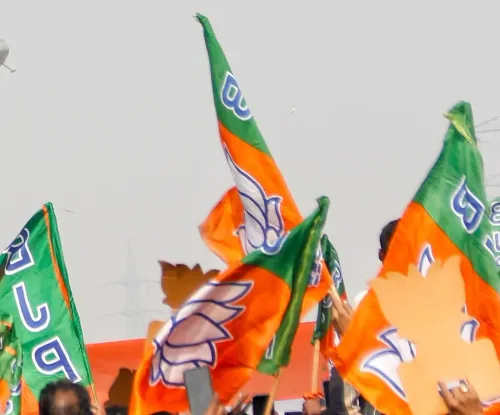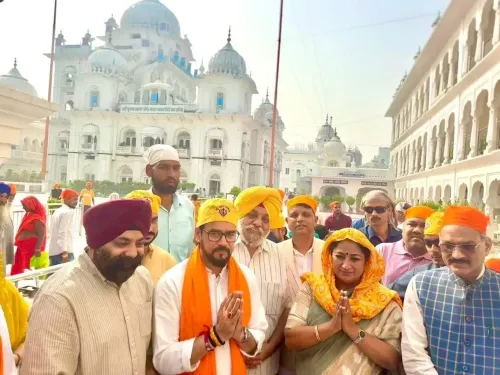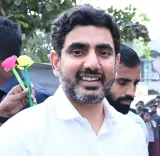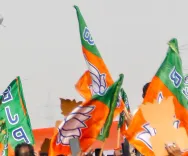Why Are 3,512 Candidates Barred from the Fresh Recruitment Process?
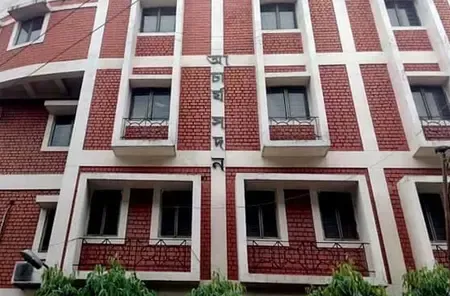
Synopsis
Key Takeaways
- The WBSSC has identified 3,512 candidates as 'tainted' over bribery allegations.
- The Supreme Court's decision annulled the 2016 recruitment panel.
- Written exams for teaching staff have concluded.
- New recruitment for non-teaching positions is underway.
- Financial support for unemployed workers was halted by the court.
Kolkata, Nov 3 (NationPress) The West Bengal School Service Commission (WBSSC) has flagged 3,512 candidates as 'tainted' due to allegations of illicit payments made to secure school positions in the 2016 recruitment panel. Consequently, these individuals will be barred from participating in the upcoming recruitment initiative.
Earlier this year, a division bench of the Supreme Court annulled the entire 2016 panel, which comprised 25,753 school jobs, affecting both teaching and non-teaching personnel.
The written tests for teaching roles in the secondary and higher-secondary sectors have concluded, with results anticipated shortly.
Meanwhile, the WBSSC will conduct written examinations for new non-teaching staff in Group-C and Group-D categories, following the release of a notification, and applications have been accepted since Monday.
On the same day, the Commission disclosed the names of 3,512 tainted candidates who will be ineligible for the new recruitment.
Among those listed, 2,591 candidates obtained employment without recommendation letters from the Commission, while the remaining 921 candidates were hired through rank manipulation.
Interestingly, on April 3, when the Supreme Court voided the 2016 WBSSC panel, it permitted 'untainted' teachers to continue teaching until December this year, allowing time for the completion of the recruitment process.
However, similar leeway was not extended to the non-teaching staff, regardless of their status. Following this, the West Bengal government proposed a monthly stipend of Rs 25,000 for unemployed Group C workers and Rs 20,000 for Group D workers. Nevertheless, this decision was later suspended by the Calcutta High Court.

